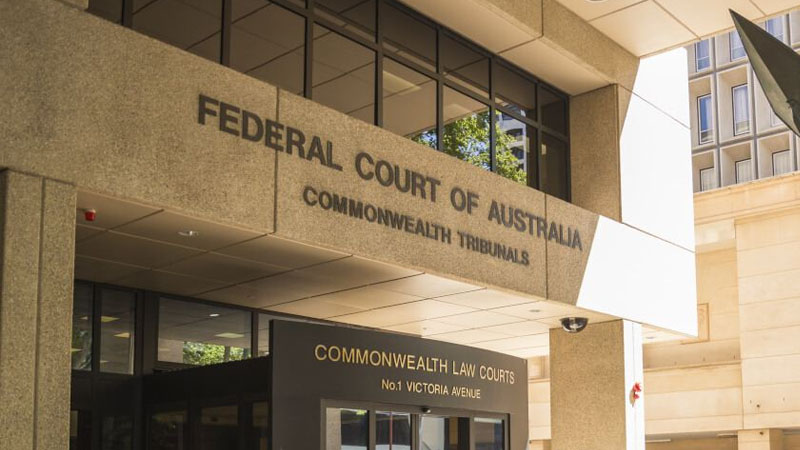Full Federal Court rules in SGC test case
The Full Federal Court has ruled that horseracing clubs and state racing boards are required to pay superannuation contributions on behalf of jockeys.
This week, the Full Federal Court ruled that the Racing Queensland Board and the Scone Race Club were liable for superannuation guarantee charges relating to riding fees paid to jockeys during the period 1 July 2009 to 30 June 2014.
In Commissioner of Taxation v Scone Race Club Limited (SRC) and Commissioner of Taxation v Racing Queensland Board (RQB), both SRC and RQB argued that they weren’t liable for super payments, because they only made the payments of riding fees to the jockeys on behalf of the owners for administrative purposes.
The court ruled in favour of the commissioner, agreeing that it was the SRC and RQB which were liable to pay riding fees to jockeys for riding in a horse race and are therefore deemed to be their employers for the purposes of the SG legislation.
The SRC and the RQB have 28 days to seek special leave to appeal to the High Court.
ATO deputy commissioner John Ford said this outcome is an excellent example of the ATO’s ongoing focus on reducing the incidence of non-payment of superannuation guarantee in the community, especially by larger businesses.
“We will pursue outstanding debts, aiming to collect and distribute unpaid super and interest to employees as soon as possible,” Mr Ford said.
“Super is money set aside for employees’ future retirement and financial wellbeing.”
In 2018–19, the ATO contacted more than 22,000 employers as a result of reviews or audits and raised assessments of over $805 million.
A bill proposing to grant a one-off superannuation guarantee amnesty to encourage employers to self-correct historical SG non-compliance dating from 1 July 1992 to 24 May 2018 has since been passed by the lower house.
It failed to be debated in the Senate before the end of the year, but the ATO has advised employers not to wait until the measure becomes law.
“We understand some employers may be ‘holding off’ lodging an SGC statement in anticipation of the amnesty,” ATO deputy commissioner James O’Halloran said earlier.
“We advise them not to do this as the law requires them to lodge the SGC; if they hold off and they’re notified we’re examining their affairs, they won’t be eligible for the amnesty; and if they lodge now and the law is passed in its current form, it is retrospective.
“Pending passage of the law, we’ll continue to process disclosures made by employers lodging SG charge statement (SGC) in accordance with current law as well as our ongoing SG audit work.”








